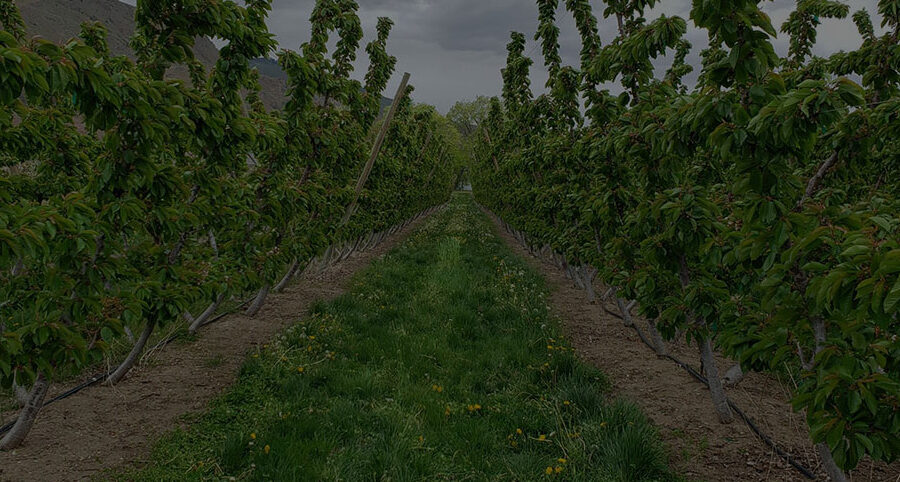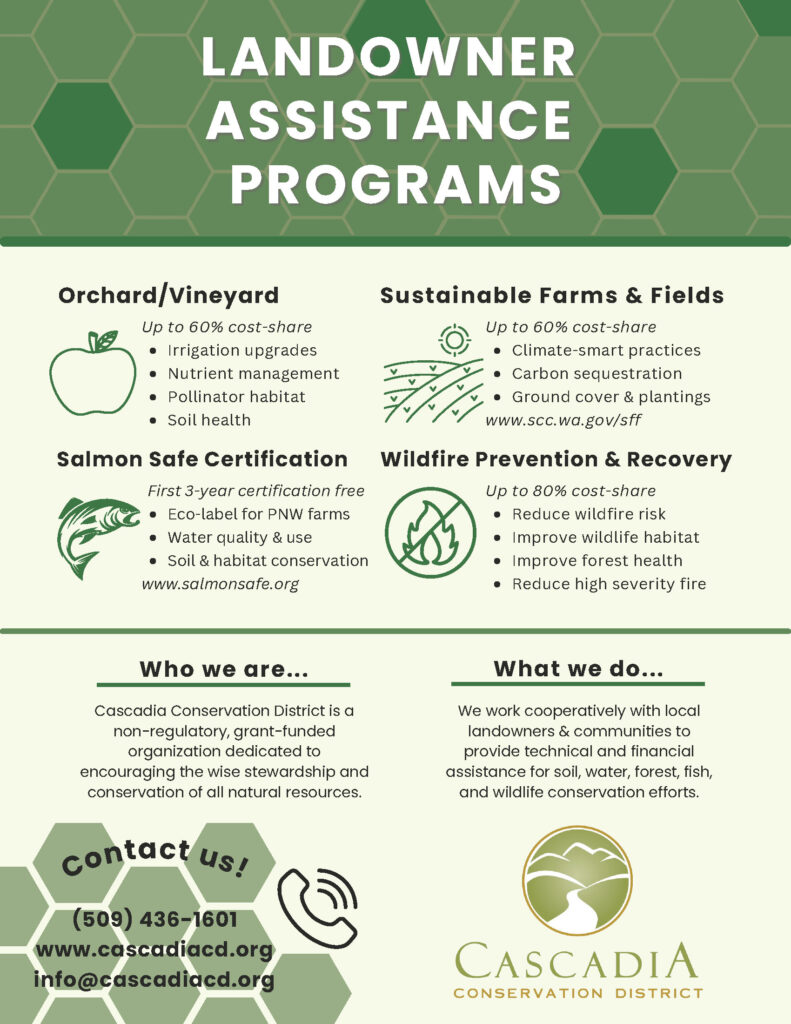Farm Conservation Planning is a free service to all agricultural landowners.
Cascadia’s planning services are free to agriculture operators. Our Resource Specialists will work with you to develop your farm’s conservation plan using a nine-step planning process. A conservation plan considers a client’s objectives while evaluating natural resource concerns on the land. Natural resource issues analyzed are related to soil, water, animals, plants, air, energy, and human interaction, also known as S.W.A.P.A.+H.E.
Cascadia’s Resource Specialists will recommend specific conservation practices, or Best Management Practices (BMPs), to implement on the landscape to improve or enhance the natural resources. There are a variety of Best Management Practices to address natural resource issues. For example, BMPs may be something you install on-the-ground, like a pollinator hedgerow or efficient irrigation system, or the process used to plan, conduct, and close-out a harvest, such as crop rotation, integrated pest management, and irrigation water management.
Conservation plans generally take a holistic approach, where all natural resource concerns are considered either on a crop management unit or it can be developed for the entire farm. Depending on the operation, objectives, and budget, our Resource Specialists often develop farm conservation plans related to a specific natural resource issue to advance the planning process and potential to install BMPs. Examples of resource-specific plans for agricultural lands include:
- Water Quality
- Carbon Capture
- Dairy Nutrient Management
- Irrigation Water Management and Drought Resilience (water availability)
Cascadia Conservation District and Campo Farm in Cashmere are featured on Washington Grown!
Learn more about our conservation farm planning program in the video clip below!
Best Management Practices recommendations generally include sustainable or regenerative agriculture practices to increase crop production, reduce pest competition, and balance farm-to-nature harmony with wildlife and fish. There are many conservation practices that could be recommended for your farm. Here are some of the most common BMPs implemented in Chelan County in the past five years:
Irrigation efficiencies: Pipelines, sprinkler systems, micro- and drip irrigation, filters, timers, and soil moisture monitors.
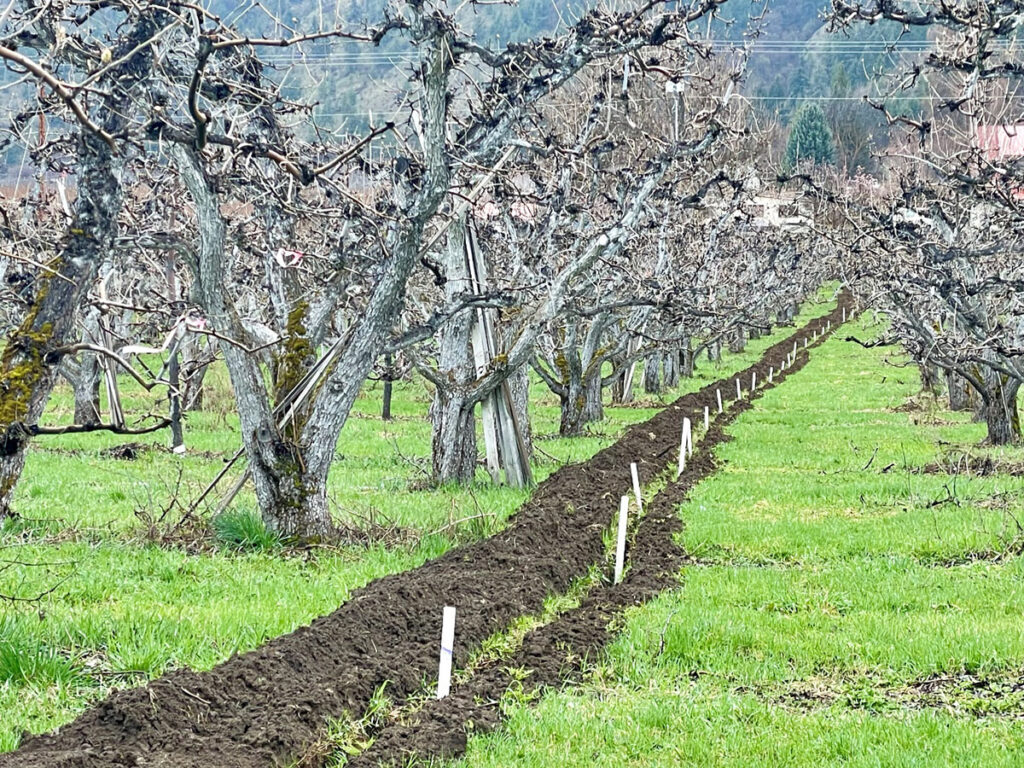
Livestock Management: Pasture seed mixes, prescribed grazing, waste facilities, creek crossing.
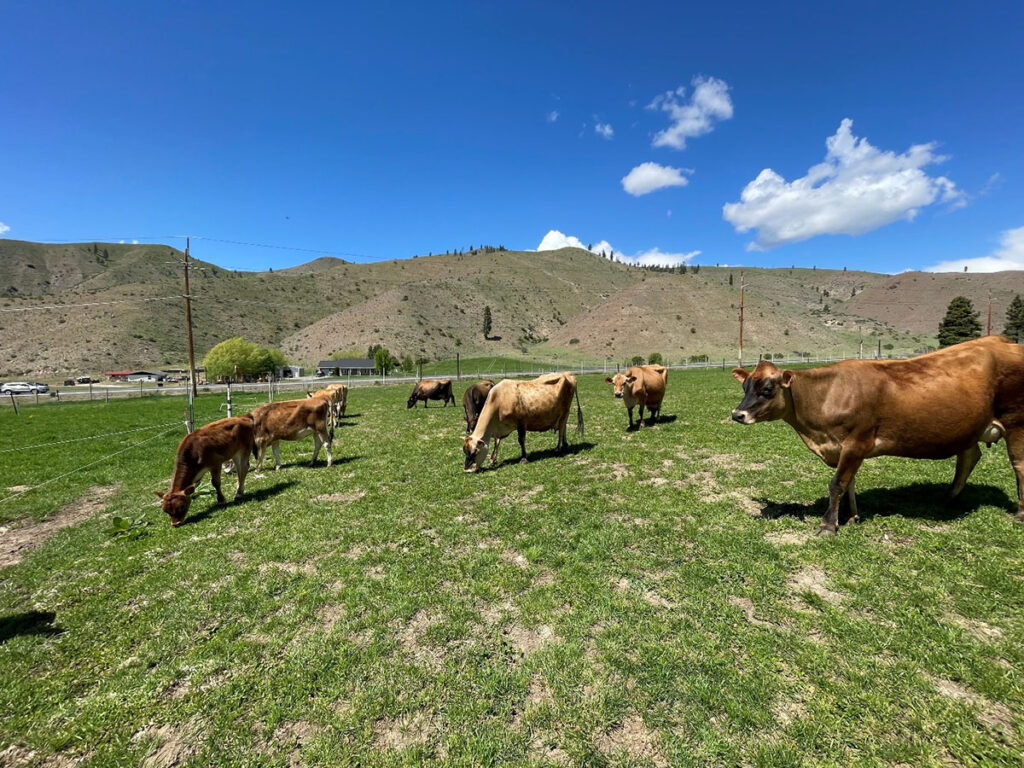
Soil Health and Crop Production: Cover crop mixes, mulching, Integrated Pest Management (IPM), nutrient management

Water Quality: Riparian Restoration and Beaver Dam Analogs
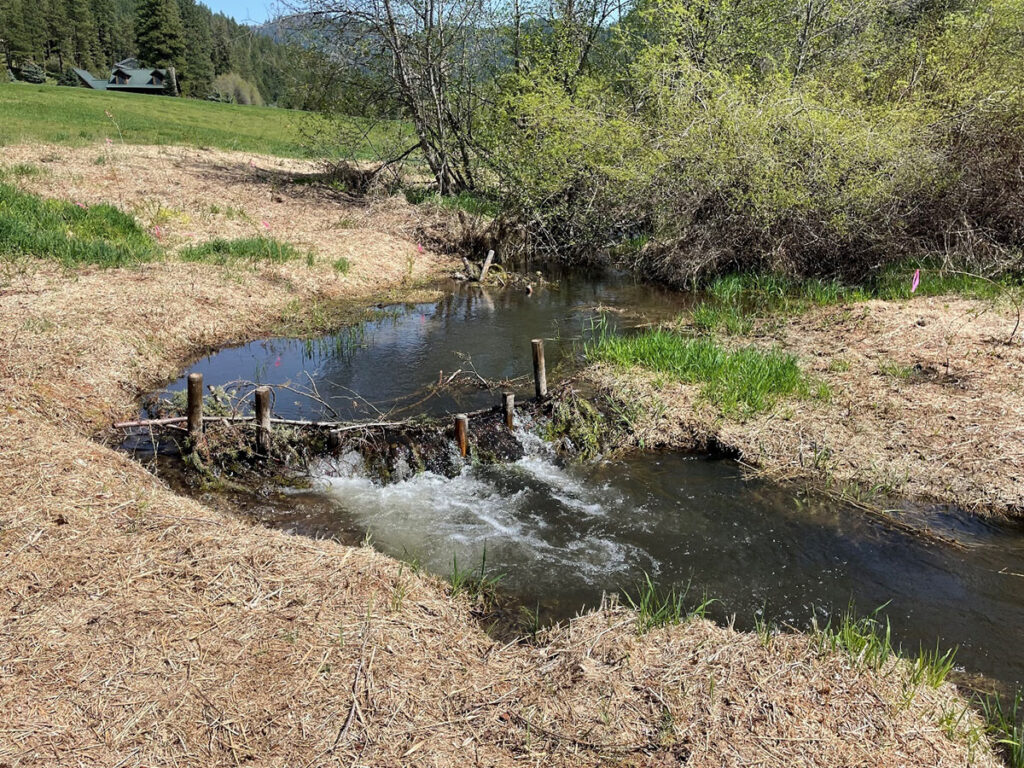
Forest Health: Land Clearing, Tree/Shrub Pruning, Woody Residue Treatment
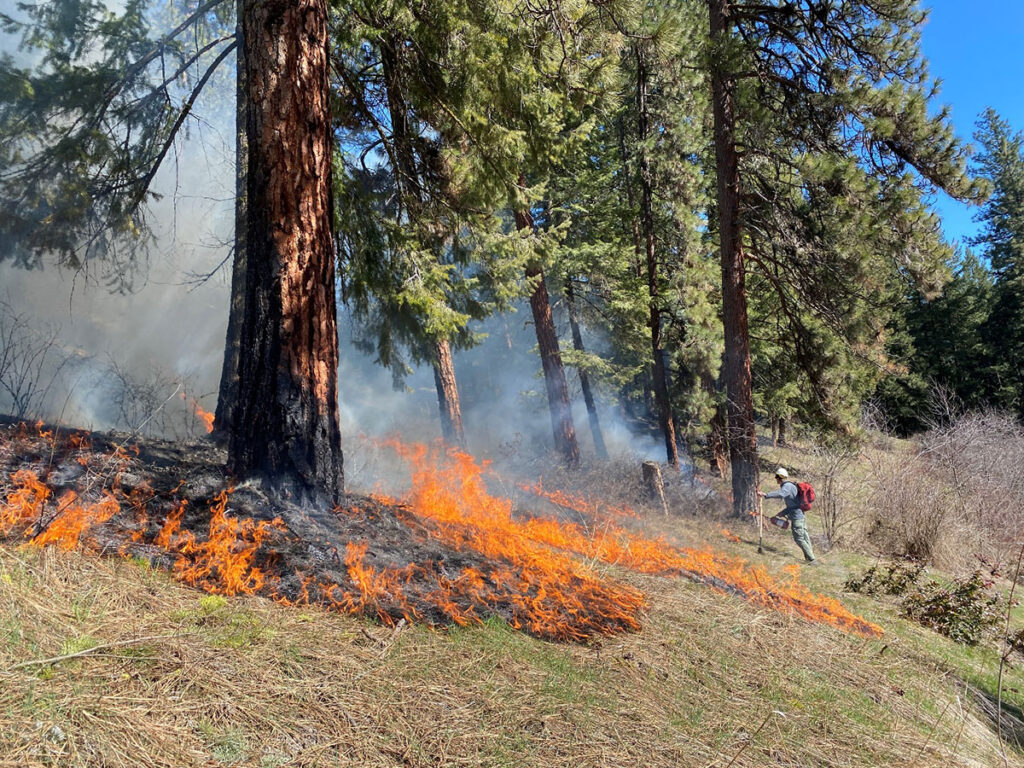
Pollinator and Wildlife Habitat: Pollinator and wildlife plantings, Hedgerow, Riparian Restoration, Tree/Shrub plantings, Windbreaks, Critical Areas plantings
